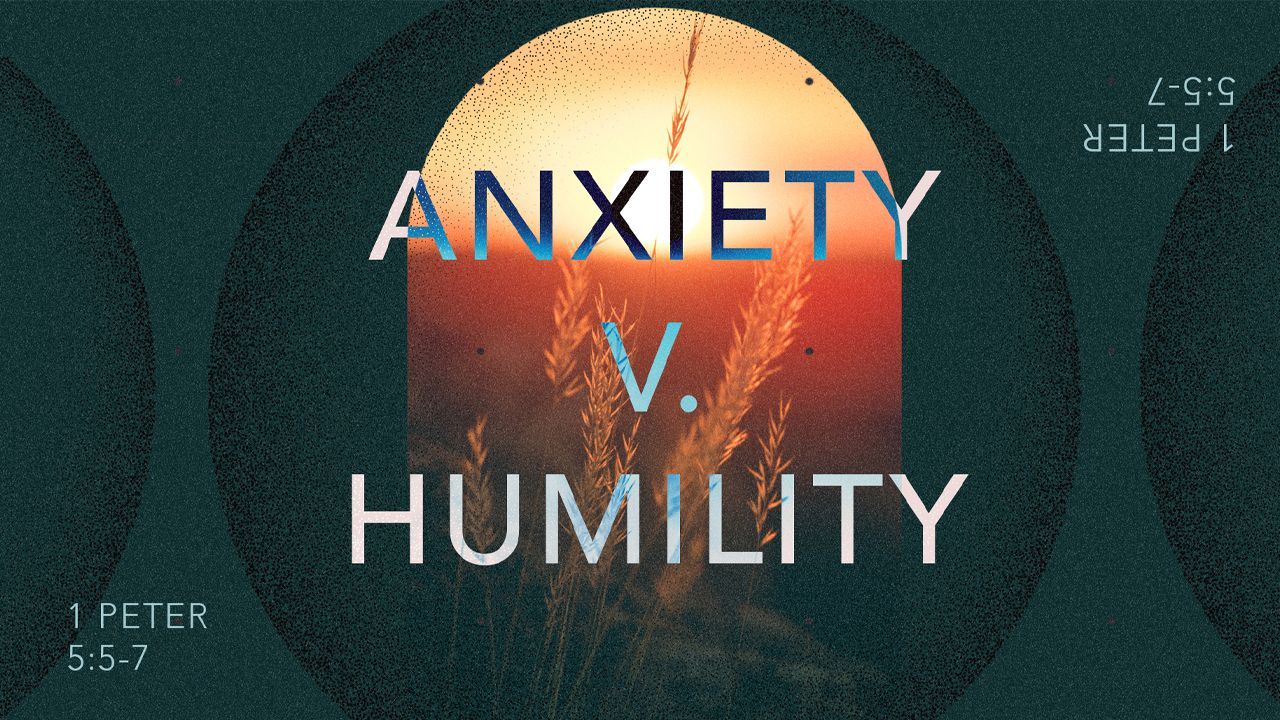Jewish Privilege, Human Depravity, & Moral Inevitability
Notes from Scott Sutton's sermon on Sunday, March 3, 2024.
Sermon text: Romans Romans 3:1-8
We live in a culture where everything is relative, little is objective, and we are (largely
through social media) encouraged to express all of our differing opinions on everything.
We’ve come to believe that we can all have our own versions of truth and somehow they
can all still remain true. However, today’s Text reminds us that God is not relative. God is
not subject to our personal feelings and tastes. There are not differing opinions on who
God is or what God is about that can all be good and true at the same time. 2 Corinthians 4
says that the god of this world wants to blind the minds of unbelievers from seeing the
glory of God in the face of Christ. One way to do that is to distort their view of God. Paul,
in Romans 3, is proclaiming truth, fielding objections, and reminding humanity about our
humanness and God’s Godness. This is a part of a larger portion of Scripture that
addresses the sometimes uncomfortable subject of human depravity. Usually, the ones most
opposed to the concept of human depravity are the humans. So Paul addresses them
accordingly.
Paul has just made the statement that “For no one is a Jew who is merely one outwardly,
nor is circumcision outward and physical. But a Jew is one inwardly, and circumcision is a
matter of the heart, by the Spirit, not by the letter. His praise is not from man but from
God.” The church in Rome is made up of converted Gentiles who now proclaim Christ and
Jews who also proclaim Christ have returned to the church in Rome and they are still
trying to figure out life together. As Paul levels the playing field, explaining that a
circumcised Jew is really no better off than a righteous Gentile, some objections arise. And
those 4 objections frame our outline this morning…
Objection # 1:
Then what advantage has the Jew? Or what is the value if circumcision?
One commentator explains the objection like this… “Jews everywhere were furious that
Paul appeared to dissolve their distinctive advantage. What was the point of being the
chosen people of God, marked off from the pagan world by the distinguishing mark of
circumcision, if in the end a faithful Gentile might fare better than a Jew?” - Seccombe
- This is a picture of Jewish Privilege… or perhaps religious privilege.
- “Romish” thoughts would have led them to put great stock in things like the
priesthood.
- Paul seems to be undermining God’s design…
Answer # 1:
Much in every way! To begin with, the Jews were entrusted with the oracles of
God.
- Interestingly, Paul says, “To begin with” OR “First of all”, but here only mentions
the oracles of God. Later in chapter 9 he picks the list back up and goes into greater
details. But here, the advantage is “You have the Scriptures!”
- Don’t gloss over this! Consider what it means. In Romans 1 we saw that any human
being can step outside and look up to the stars and know that there is a God and we
are subject to Him. In Romans 2 we saw that any human can look inside and find a
law written on their heart and know that there is a God and we are subject to Him.
But it was only first to the Jews that God made Himself known!
- What advantage do you have? You learned from God about God. He gave you His
words when no one else had them. Through them you learned that He is a
compassionate and gracious God, slow to anger and abounding in steadfast love and
faithfulness, maintaining love to thousands, and forgiving wickedness, rebellion, and
sin. You learned that He is the Alpha and the Omega, the Almighty, a Good
Shepherd. He is all-knowing, all-powerful, all-present. He is Sovereign. He is
sovereign. He is unchanging. He is holy. He is just. He is righteous. He created us
and has expectations for us. He has a plan for the world. He will judge. He will
create a new heavens and a new earth.
- None of us here today and no non-Jew in all of history would know those things if
they were not first entrusted to the Jews by God!
And at this point you might think they would respond “Good point Paul!” Instead, another
objection is raised.
Objection # 2:
What if some were unfaithful? Does their faithlessness nullify the
faithfulness of God?
Answer # 2:
By no means! Let God be true though every one were a liar, as it is written,
“That you may be justified in your words, and prevail when you are judged.”
- This argument is literally as old as mankind… So God gave His oracles… His
expectations for His creation… and creation blames God when it goes wrong. “The
woman that you gave me caused me to sin.” So often the argument for humans
caught in sin and facing judgment is “You made me like this”… “You made me to
think like this… You made me with these strong desires…” Paul is pointing out that
we compound our guilt when we misuse God’s good gifts. OR, to say it in a Romans
1 way, we compound our guilt when we trade the truth about God for a lie and
worship the creature rather than the Creator.
- Seccombe: “To carry back to God the blame for our abuse of these gifts is as
perverse as it is common.”
- To answer their objection, Paul goes to Psalm 51:4… where David has been caught
in the horrible sins of adultery and murder, rather than saying “Well God, you gave
me these impulses… you could have made her bathe inside… her husband could
have loved and appreciated her more…”, he says, “Against you and you only have I
sinned and done what is evil in your sight, so that you may be justified in your
words and blameless in your judgment.” There is a moral inevitability that David
has finally come to grips with and he realizes that there is nothing he can say in his
own defense. God is right. David is wrong.
And then the objections become even more evil…
Objection # 3:
But if our unrighteousness serves to show the righteousness of God, what
shall we say? That God is unrighteous to inflict wrath on us?
- This is not a straw man that Paul is kicking. This is a real objection. Perhaps this is
Paul arguing with his old Pharisaical self…
- I sin. I am unrighteous. God gets glory for being a righteous Judge. Doesn’t that
make God unrighteous for inflicting wrath on us who are only showing how
righteous of a judge He is?
- Paul is embarrassed by such a suggestion. (I speak in a human way). It is almost like
he is saying, “I don’t even want to be associated with such an evil and heretical
statement about the Almighty.”
Answer # 3:
By no means! For then how could God judge the world?
- Meaning… If God cannot judge Jews for such behavior and the heart behind it, how
then can God judge the world?
- Because the one thing we can agree on is the undeniable truth that God will judge
the world! Right?!
Objection # 4:
But if through my lie God’s truth abounds to his glory, why am I still being
condemned as a sinner. And why not do evil that good may come?
- As some slanderously charge us with saying…
- This is an off the rails, out of touch with reality, flatly evil argument.
Answer # 4: N/A
Or to be more specific: N/A… Their condemnation is just…
Application:
1.) Don’t assume religious privilege
2.) Don’t assume that God is subject to your feelings
3.) Don’t blame God for your sin
4.) Treasure the oracles of God
5.) Defend the oracles of God (You can’t manage what you don’t measure and you
can’t defend what you don’t treasure.) *Apologetics & Evangelism
6.) Consider your undeniable truths
Discipleship Questions:
1.) What are some objections that are raised against the church today?
2.) How can we Biblically defend truth and answer those objections?
3.) Put the phrase “You can’t defend what you don’t treasure” in your own words.
4.) What does religious privilege look like today? How might it play out in our lives
on a Tuesday?
5.) What are some examples of assuming that God is subject to our feelings?
I feel __________ so God must be __________.
6.) How have you been guilty of blaming God for your sin?
It’s your fault that I am ______________.
7.) What are some healthy disciplines that will help us to both treasure and defend
the oracles of God?
8.) What could possibly make us not treasure the oracles of God?
9.) What are your undeniable truths? Are you teaching them to your children?





